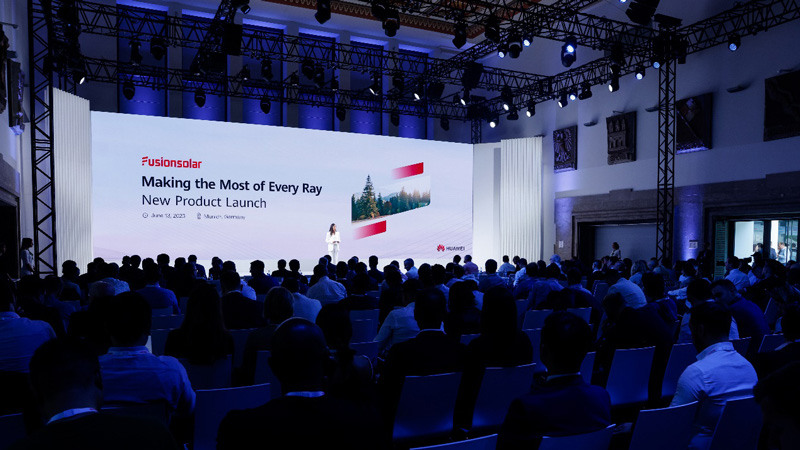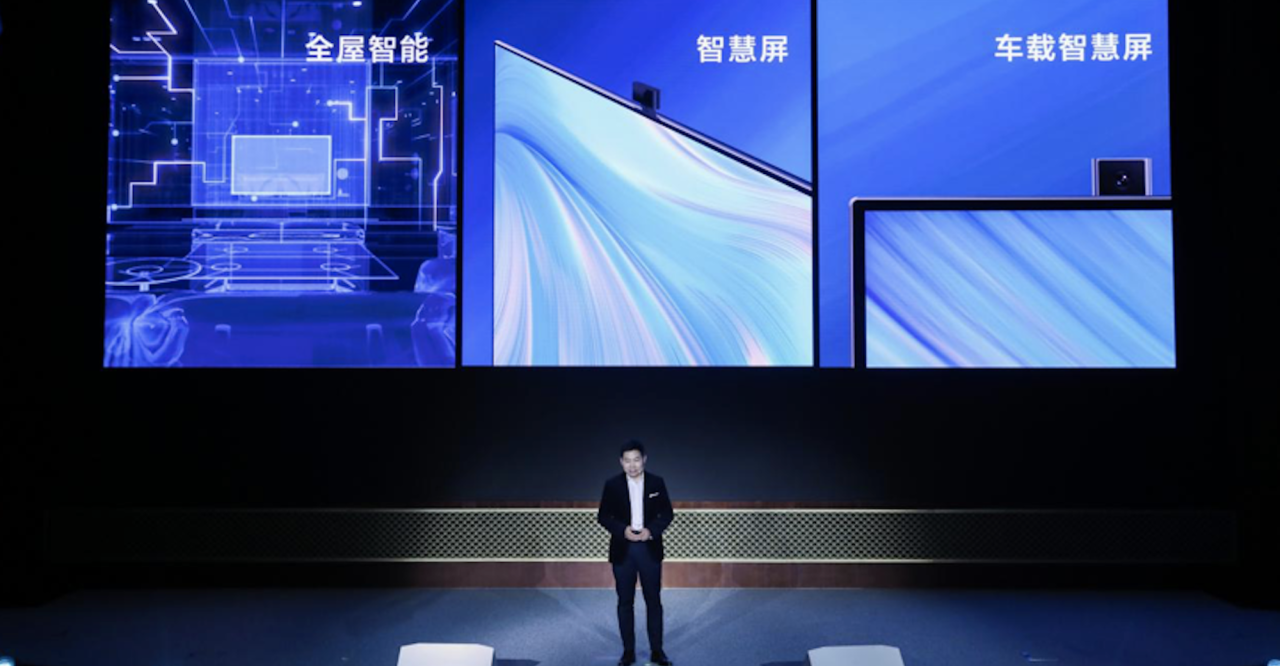Huawei has taken a significant leap forward in the realm of smart city development, unveiling its latest solutions designed to enhance urban living through advanced technology. These innovations aim to address the complexities of modern urban management and improve the quality of life for residents worldwide.
A. Introduction to Huawei’s Smart City Vision
Huawei’s commitment to smart city development is rooted in the integration of cutting-edge technologies such as Artificial Intelligence (AI), Internet of Things (IoT), cloud computing, and big data analytics. By leveraging these technologies, Huawei aims to create intelligent urban environments that are efficient, sustainable, and responsive to the needs of their inhabitants.
B. The “City Intelligent Twins” Architecture
At the core of Huawei’s smart city solutions is the “City Intelligent Twins” architecture. This innovative framework combines IoT sensing, high-speed connectivity, cloud computing, big data, and AI foundation models to build an integrated intelligent system. The architecture ensures seamless synergy between cloud, network, edge, and devices, facilitating real-time data integration across various city domains. This holistic approach enables continuous operations, self-optimization, and smarter city management.
C. Intelligent Operation Center (IOC): The City’s Brain
Huawei’s Intelligent Operation Center (IOC) serves as the central hub for city operations. It integrates functions such as city perception, operational management, collaborative command, and decision-making analysis. The IOC provides city managers with a comprehensive view of urban activities, allowing for proactive responses to various situations and enhancing overall governance efficiency.
D. Enhancing Public Services and Governance
Huawei’s smart city solutions extend beyond infrastructure to improve public services and governance. By implementing AI-driven government services and digital platforms, cities can offer more efficient and accessible services to residents. These solutions facilitate better resource allocation, streamlined administrative processes, and improved citizen engagement.

E. Global Implementations and Success Stories
1. Málaga, Spain
In Málaga, Huawei collaborated with the local government to deploy free public Wi-Fi in the historic Mercado de Atarazanas. This initiative not only enhanced connectivity for vendors and visitors but also supported digital commerce and expanded business opportunities beyond the local area.
2. Yanbu, Saudi Arabia
Huawei assisted the Royal Commission in transforming Yanbu into Saudi Arabia’s first smart city. The implementation included smart applications such as intelligent parking, energy management, and waste management systems, leading to significant improvements in operational efficiency and public safety.
3. Huangpu District, Shanghai
In Shanghai’s Huangpu District, Huawei’s smart city solutions addressed challenges like parking violations and waterlogging. By integrating multi-dimensional data and cross-agency services, the district achieved more efficient city management and improved public services.

F. Technological Foundations and Capabilities
Huawei’s smart city solutions are built upon decades of expertise in Information and Communications Technology (ICT). Key technological components include:
-
5G Connectivity: Enables high-speed, low-latency communication essential for real-time data transmission.
-
AI and Big Data Analytics: Facilitates predictive analysis and informed decision-making for city management.
-
IoT Integration: Connects various devices and sensors across the city to monitor and manage infrastructure efficiently.
-
Cloud Computing: Provides scalable and flexible resources for data storage and processing.
These technologies collectively empower cities to become more responsive, efficient, and sustainable.
G. Collaborative Ecosystem and Future Outlook
Huawei emphasizes the importance of collaboration with global partners to drive smart city development. By fostering an open and inclusive ecosystem, Huawei ensures that its solutions are adaptable to diverse urban contexts and can be tailored to meet specific local needs. Looking ahead, Huawei aims to continue expanding its smart city initiatives, contributing to the creation of intelligent urban environments worldwide.
Huawei’s unveiling of its smart city solutions marks a significant milestone in urban innovation. Through the integration of advanced technologies and collaborative efforts, Huawei is poised to transform cities into intelligent ecosystems that enhance the quality of life for residents and promote sustainable development.













